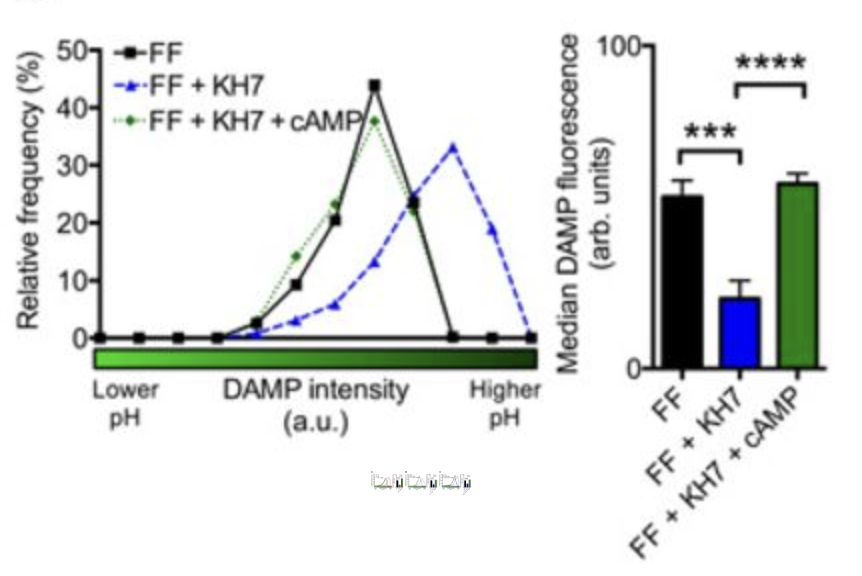
New research published today in Science Signaling on mechanisms that control skin pigmentation reveal new pathways that could increase the pigmentation of skin and reduce the risk of skin cancer, the most common form of cancer in the United States.
A person’s skin color is determined by the amount and type of melanin in their cells. The production of melanin is influenced by the pH of melanosomes, which is more acidic in lighter skinned people.
Researchers found that the enzyme sAC decreased the pH of melanosomes and inhibited the enzyme tyrosinase, which is important for the production of the pigment molecule melanin.
“Skin cancer and melanoma risk is associated with the ratio of the anti-carcinogenic eumelanin and the pro-carcinogenic pheomelanin,” said EIPM’s Jonathan Hale Zippin, M.D., Ph.D., Vice Chair of Research and Associate Professor of Pharmacology and Dermatology at Weill Cornell Medical College and an author on the paper. “This ratio is thought to be controlled by melanosome pH, but signaling pathways which regulate melanosome pH and alter this ratio are not well understood. We have established a new pathway which controls this ratio by altering melanosome pH.”
“We found that drugs which target this pathway can change pigmentation in mice and would be predicted to reduce skin cancer risk. Most pigment altering drugs lighten skin; these new drugs would darken skin and hair.”
Inhibiting sAC increased the pH of melanosomes and increased pigmentation in human melanocytes, the cells that make pigment. By topically administering small molecule inhibitors of sAC, investigators were able to darken the pigmentation of mice.
The investigators believe that raising the pH of melanosomes to increase melanin production deserves further study as a potential strategy to reducing the risk of skin cancer and treating disease.
Dalee Zhou, M.D., was first author on the paper, along with colleagues from Weill Cornell Medical College and authors from France and Japan.
Hear Dr. Zippin discuss his research on The Naked Scientist podcast.
# # #
